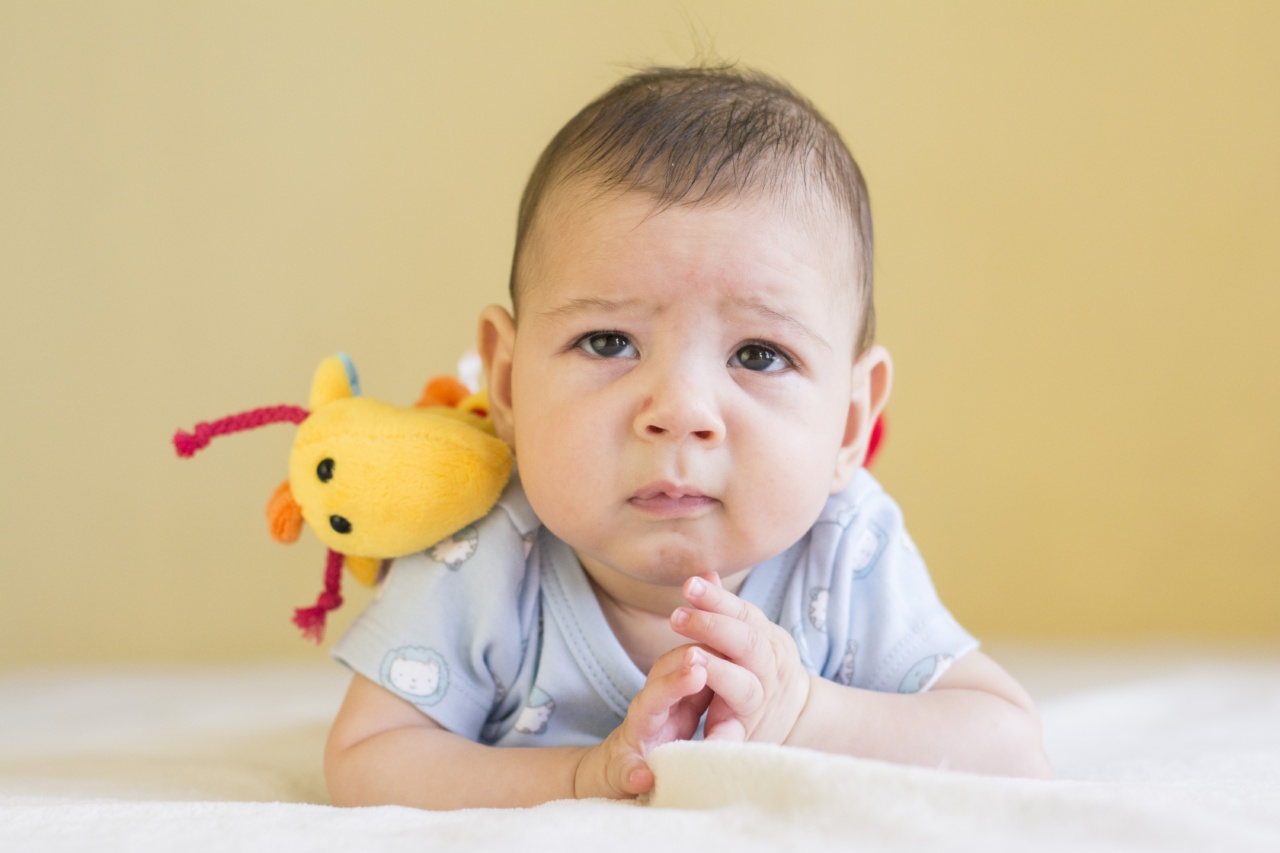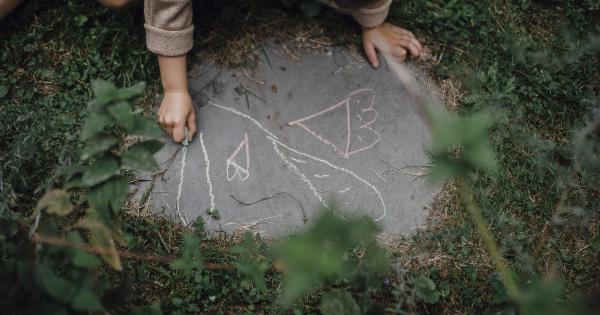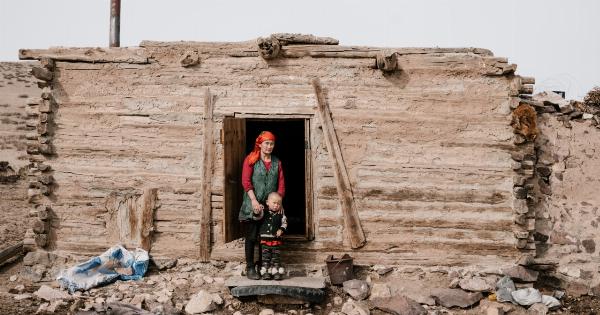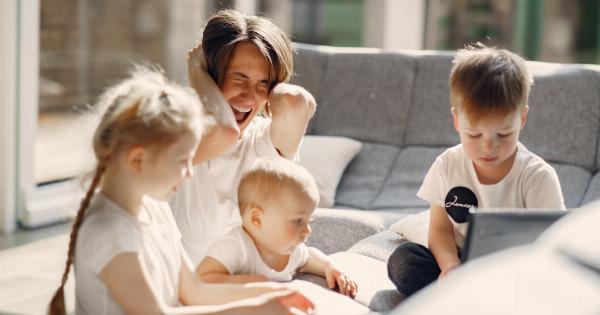Childhood is a critical period in human development, shaping individuals’ mental, emotional, and behavioral patterns throughout their lives.
While children typically experience a range of normal emotions, it is also important to acknowledge that anxiety can be a common challenge during this stage. This article aims to explore the question of whether children are prone to anxiety, providing insights into the factors contributing to childhood anxiety and potential strategies for managing and supporting anxious children.
Understanding Childhood Anxiety
Anxiety is a natural response to perceived threats or stressful situations. It is a complex mental health condition characterized by excessive worry, fear, and apprehension.
Children, like adults, can experience anxiety, although it may manifest differently due to their unique cognitive and emotional development.
Symptoms of Childhood Anxiety
The symptoms of anxiety in children may vary, and it is essential for parents and caregivers to be vigilant and recognize potential signs. Some common symptoms of childhood anxiety include:.
- Constant restlessness or fidgeting
- Frequent complaints of physical ailments (e.g., stomachaches, headaches)
- Social withdrawal and avoidance
- Excessive crying or clinginess
- Difficulty sleeping or nightmares
- Irritability and moodiness
- Obsessive thoughts or compulsive behaviors
- Perfectionism and excessive worry about performance
Factors Contributing to Childhood Anxiety
Anxiety in children can stem from various factors, including:.
- Genetics: There is evidence to suggest that anxiety disorders can be hereditary, meaning that children with a family history of anxiety may be more vulnerable.
- Environmental Factors: Stressful or traumatic events, such as divorce, loss of a loved one, or relocation, can trigger anxiety in children.
- Parental Influences: Parenting styles and the level of emotional support provided at home can significantly impact a child’s anxiety levels.
- Neurobiological Factors: Imbalances in brain chemistry and functioning, as well as irregularities in the amygdala (the brain’s fear center), may contribute to childhood anxiety.
- Social Pressures: Academic pressure, peer relationships, and societal expectations can all contribute to heightened anxiety in children.
Effects of Childhood Anxiety
Untreated childhood anxiety can have long-term effects on a child’s mental, emotional, and social development. Some potential consequences of chronic anxiety in children include:.
- Academic difficulties and underachievement
- Social isolation and impaired relationships
- Deterioration in physical health and well-being
- Increased risk of developing other mental health conditions, such as depression
- Lower self-esteem and self-confidence
Strategies for Managing Childhood Anxiety
Fortunately, there are numerous strategies and interventions that can effectively manage and support children with anxiety. Some key approaches include:.
- Cognitive-Behavioral Therapy (CBT): CBT is a widely used therapeutic approach that helps children identify and challenge anxious thoughts and develop coping mechanisms.
- Mindfulness and Relaxation Techniques: Teaching children mindfulness exercises and relaxation techniques can promote emotional regulation and reduce anxiety symptoms.
- Supportive Environment: Creating a supportive and nurturing environment at home and school can provide children with the necessary sense of security and comfort.
- Encouraging Open Communication: Allowing children to express their fears and worries openly encourages healthy emotional processing and can help alleviate anxiety.
- Gradual Exposure: Gradual exposure to feared situations or triggers can help children overcome anxiety and build resilience.
- Physical Exercise and Healthy Lifestyle: Engaging in regular physical exercise and maintaining a balanced diet can positively impact anxiety levels in children.
Seeking Professional Help
If a child’s anxiety significantly interferes with their daily functioning or persists over an extended period, it may be advisable to seek professional help.
Mental health professionals, such as child psychologists or psychiatrists, can provide comprehensive assessments and tailor interventions to the child’s specific needs.
Supporting Anxious Children
Support from parents, caregivers, and educators is crucial when dealing with anxious children. Some additional strategies to support anxious children include:.
- Encouraging open dialogue
- Validating their feelings and experiences
- Providing reassurance
- Teaching relaxation techniques
- Helping with problem-solving and coping skills
- Establishing a routine
- Encouraging healthy sleep habits
- Modeling calm and confident behavior
- Collaborating with professionals
- Celebrating small successes
Conclusion
Anxiety is a common experience during childhood, influenced by various factors including genetics, environment, and social pressures.
It is crucial that parents, caregivers, and educators are attentive to signs of anxiety to provide appropriate support and intervention. By adopting strategies such as cognitive-behavioral therapy, mindfulness techniques, and creating supportive environments, children can learn to effectively manage anxiety and develop resilience.
Seeking professional help when necessary and providing unwavering support can make a significant difference in the lives of anxious children, enabling them to thrive emotionally and socially.


























